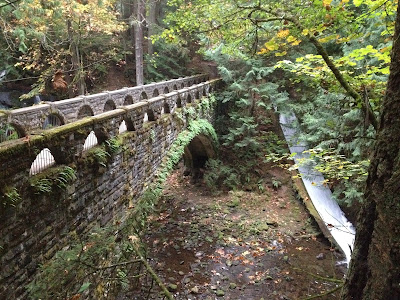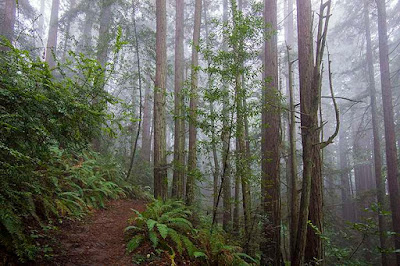Heritage in Light of Atrocity
 |
| John Underhill, "The figure of the Indian's fort or Palizado", from Nevves from America; or, A new and experimentall discoverie of New England, London: 1638. |
During the Pequot War, the first of several genocidal conflicts in seventeenth-century New England, the English colonies fought the Pequots, a tribe of indigenous people in a vicious series of battles during the 1630s. Bradford, a thoughtful and community-oriented man, was involved in the fighting. He rejoiced while watching the destruction of a Pequot village in 1637:
It was a fearful sight to see them thus frying in the fire [of their burned village] and the streams of blood quenching the same, and horrible was the stink and scent thereof; but the victory seemed a sweet sacrifice and [the English] gave praise thereof to God, who had wrought so wonderfully for them and give them so speedy a victory over so proud and insulting an enemy. – Bradford, Of Plymouth Plantation, Boston, 1898 edition, 425-426.
It's easy to condemn Bradford. Even with the smell of burning human flesh in his nostrils, Bradford believed the scent a tribute to God. And while his were the motivations of another time—a period when divine providence gave justification to violence—had I been forced to inhabit the anxieties of the moment, I would have felt similar to Bradford. Indeed, my family would settle in the eastern spaces of Connecticut, territory cleared out by the immolation of the Pequot tribe. Part of my heritage is the holocaust of native peoples.
This history is unpleasant to think about, but it is important for manifold reasons. No one—not Bradford, nor me, nor you—wakes up in the morning considering themselves to be evil. Such binaries are not helpful. They duck our own complicity. And we cannot understand the horror of the world until we realize our deep involvement and implication in it. We can't begin to rebuild society until we realize the roots of visceral rage and our own complex webs of complicity in the innumerable injustices of humanity.
Just a thought, written as the forces of violence and moral absolutes continue their steady march to oblivion, feeding upon the fears of otherwise good people.


Comments
Post a Comment